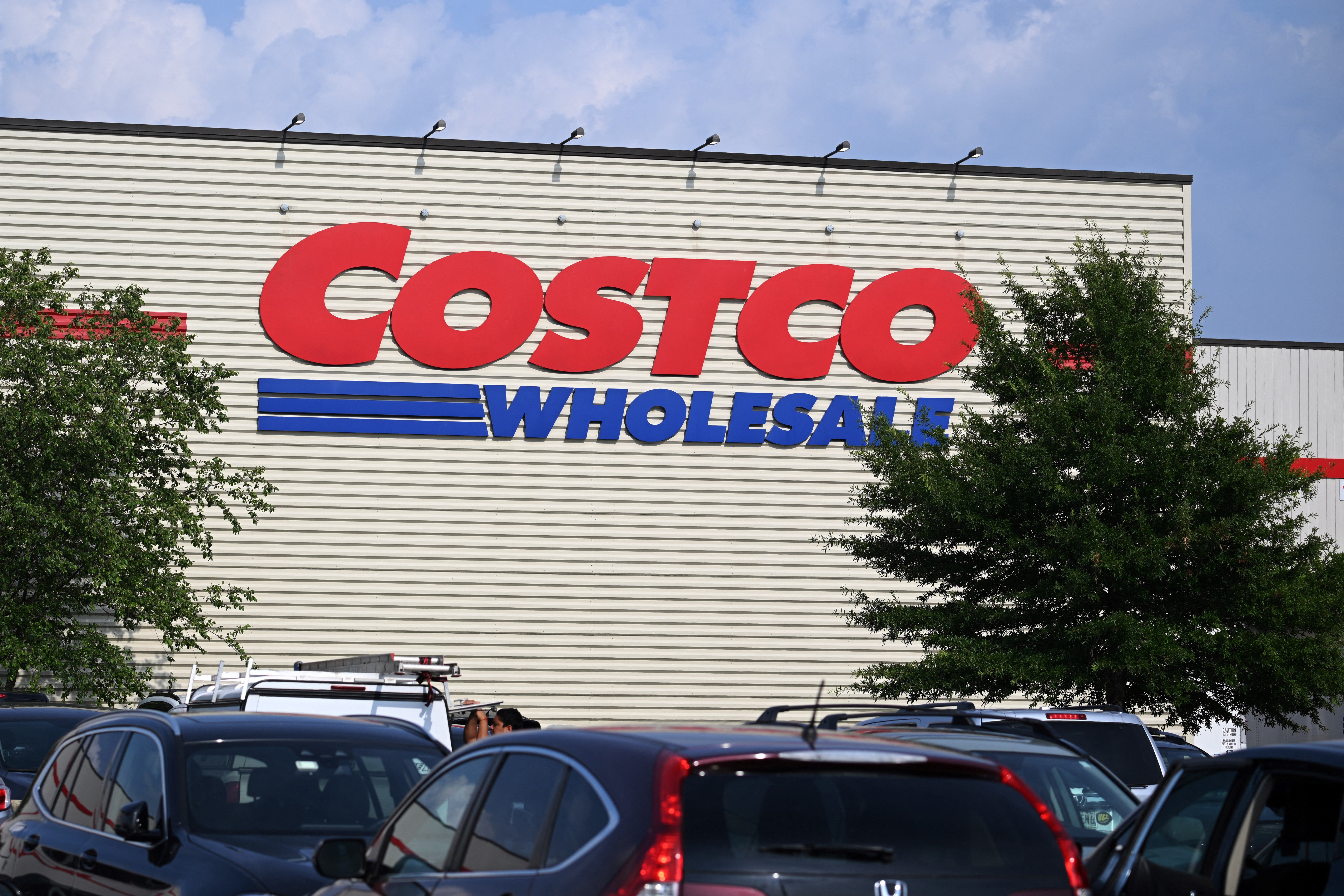Costco has opted not to dispense abortion pills after receiving demands from activists on both sides of the issue — and faith-based groups are celebrating the move.
Last year, New York City Comptroller Brad Lander urged the retail giant to get a certification to be able to dispense mifepristone — one drug in a two-drug regimen for medication abortions — at its pharmacies. The following month a religious coalition pleaded with Costco not to sell the termination pill.
The FDA allows only certified prescribers to dispense mifepristone.
Costco chose to forego pursuing this certification, the company said in a statement to Reuters emphasizing the decision was based on a lack of consumer demand. “Our position at this time not to sell mifepristone, which has not changed, is based on the lack of demand from our members and other patients, who we understand generally have the drug dispensed by their medical providers,” the company said. Bloomberg first reported Costco’s decision.
The Independent has reached out to Costco for more information about its decision.

Representatives on both sides of the abortion debate have battled over Costco’s position in the form of letters. Last July, Lander penned a letter to CEO Ron Vachris demanding the retailer “immediately take the necessary steps to receive certification” to sell mifepristone, following in the steps of CVS and Walgreens.
The comptroller also wrote letters to the leaders of Walmart, Kroger, Albertsons, and McKesson. “By failing to become certified mifepristone dispensers, these pharmacy giants put both women’s reproductive health care and investors’ money at risk,” he said in a statement at the time.
In August 2024, a coalition of religious activists wrote to Vachris, urging Costco to “continue its current practice of not dispensing the abortion drug mifepristone.” The group argued that dispensing the drug will reduce demand for the diapers and formula that the store sells and worsen the “the crisis of record low birth rates.”
The letter also alleged the pill poses “serious health risks.” The FDA first approved the drug in 2000 to end pregnancy through 10 weeks of gestation, but anti-abortion activists have recently challenged its safety and FDA approval.
Last year, the Supreme Court unanimously ruled to preserve access to the crucial drug, as nearly two-thirds of all abortions in the U.S. — 63 percent — are medication abortions, according to the Guttmacher Institute.
“Costco’s decision to refuse to dispense mifepristone is disappointing and short-sighted,” a spokesperson for Lander told The Independent in a statement. Failure to provide access to proven safe and FDA-approved medication under the guise of ‘weak demand’ risks isolating customers and undermines the company’s credibility. Putting customer needs before political ideology must remain Costco’s priority.”

Faith-based activists have celebrated the decision.
“We applaud Costco for doing the right thing by its shareholders and resisting activist calls to sell abortion drugs,” Alliance Defending Freedom Legal Counsel Michael Ross said in a statement Thursday. “They have nothing to gain and much to lose by becoming abortion dispensaries.”
“We have this momentum,” Tim Schwarzenberger, director of corporate engagement at Inspire Investing, the world’s largest faith-based ETF provider, told Bloomberg. “Now there is a chance to turn to some of the other retailers.”
“We are so grateful that Costco—a company that serves families, especially large ones—has decided to remain a wholesale store, not become an abortion facility,” Mary Szoch, director of the Center for Human Dignity at evangelical think-tank Family Research Council, said in a statement on X. “What a win for America! Great job, @Costco!”
CVS and Walgreens, which both dispense the drug, have stood by their decisions in the wake of Costco’s announcement.
“We have a long history of supporting and advancing women’s health and we remain focused on meeting their unique health needs. This includes providing access to safe, legal, and evidence-based reproductive health services,” CVS told The Independent in a statement, noting that the company fills prescriptions in states where it’s legal.
Walgreens declined to comment. Its website states: “The U.S. Supreme Court’s ruling on mifepristone access allows Walgreens to continue to dispense mifepristone under the FDA guidelines.”
The abortion landscape has been complicated after the fall of Roe v. Wade in 2022. In January 2023, the FDA removed some restrictions around accessing mifepristone and added the pharmacy certification. Individuals living in states that have banned the procedure cannot access the drug at pharmacies; 12 states have total abortion bans, according to Guttmacher Institute.
The 2022 Supreme Court ruling overturning Roe has opened the door for abortion opponents to argue fresh legal challenges.
Earlier this year, anti-abortion activists pushed a report by right-wing think tank Ethics and Public Policy Center claiming serious complications from mifepristone use were 22 times higher than previously reported. Critics blasted the report as “bogus.”



